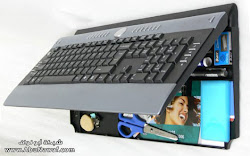A WebQuest is an inquiry-oriented activity in which some or all of the information that learners interact with comes from resources on the internet. WebQuests are a unique method for enhancing students' information technology and information literacy competencies.
Critical thinking is aspect of WebQuests that is the intellectually disciplined process of actively and skillfully conceptualizing, applying, analyzing, synthesizing, and evaluating information. Teachers can improve students' critical thinking skill by using WebQues when they are uploading a task that helps them to Identify and articulate similarities and differences between things. They could help them through the task that require students to Identify and articulate errors in one's own or others' thinking Or Identify and articulate personal perspectives about issues.
WebQuests promote collaboration when students learn how to collaborate with their classmates, with students in other classrooms, or with students halfway around the world. They can also contact area experts by using e-mail, the Internet, and video conferencing. Webquests tend to be student-oriented and collaborative when students engaged in constructivist activities resulting in shared learning experiences and new knowledge based on enquiry-oriented language use and Web research skills.
Project-based learning (PBL), one of the enduring approaches to education that supports the use of webquests, is focused on the learner constructing meaning and knowledge from an assigned activity. PBL gives a variety of learning styles and multiple forms of intelligence have a real world authentic orientation. It allows students to choice, encourages higher-order thinking, and uses hand-on experiences and various modes of communication. It makes Students responsible for their own learning and the teacher's role is that of a facilitator.
WebQuest help students explore issues, solve problems, and collaborate with their peers. It promotes high-level thinking and problem-solving skills





